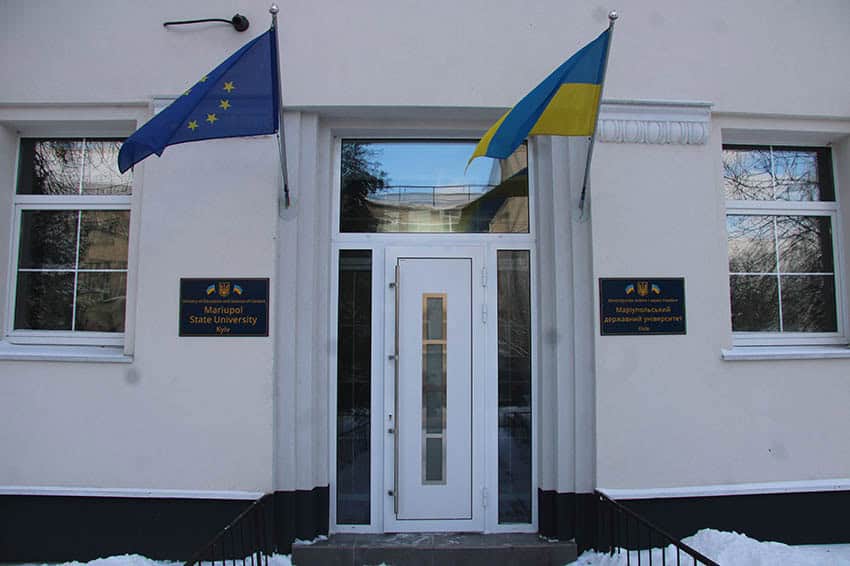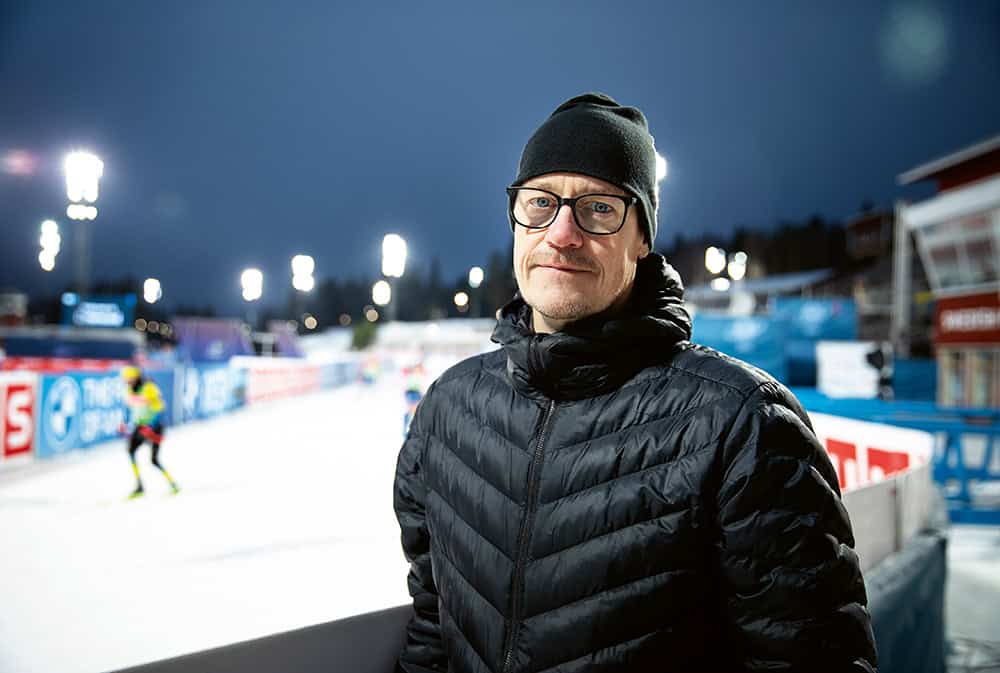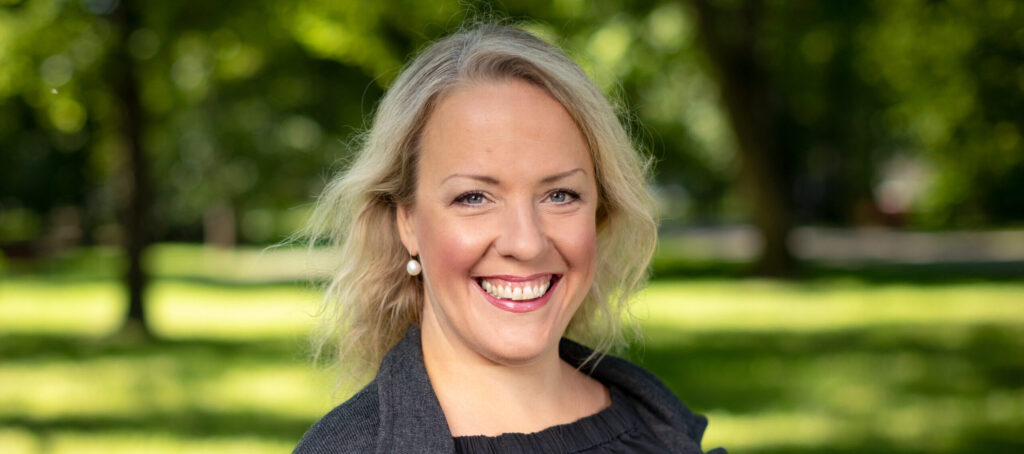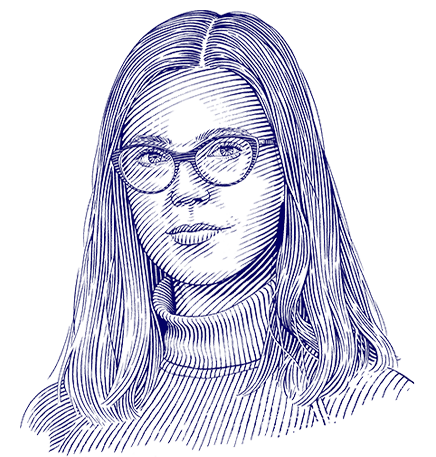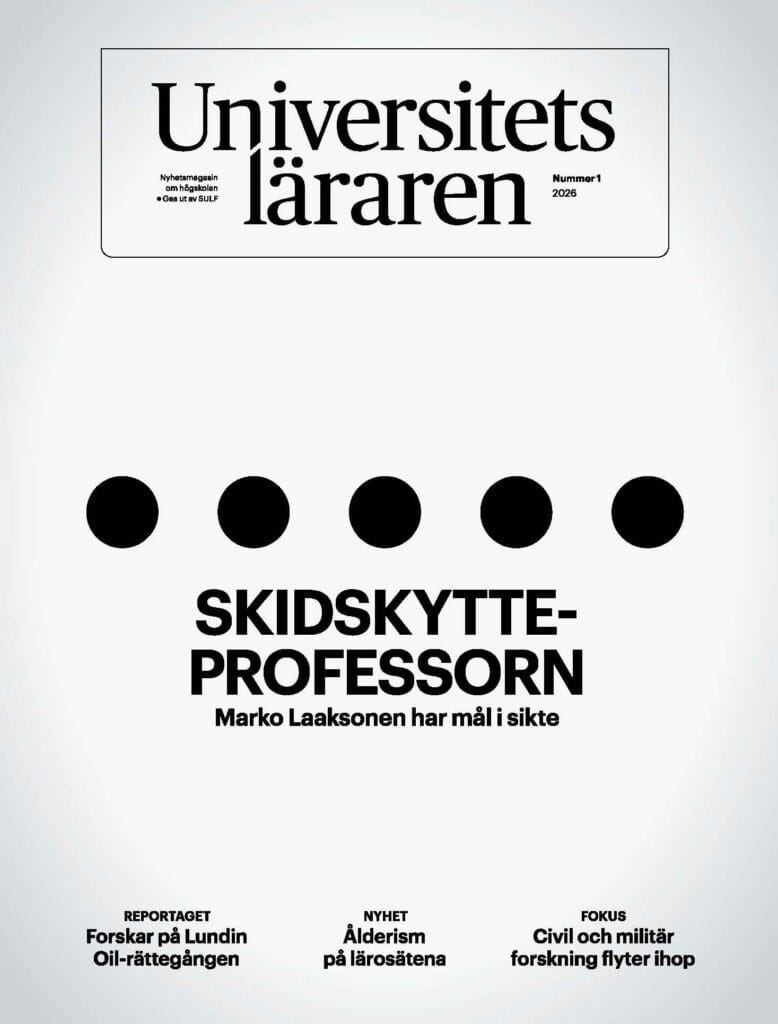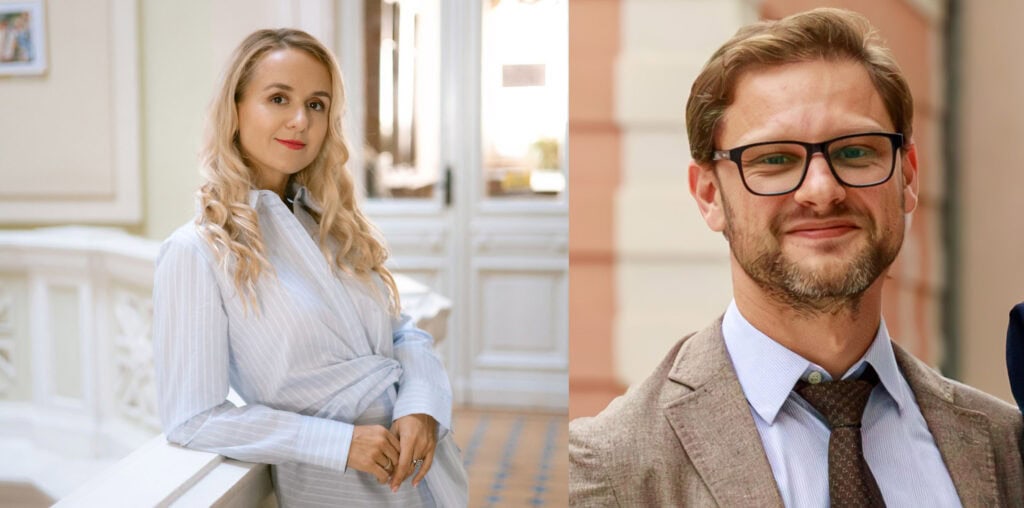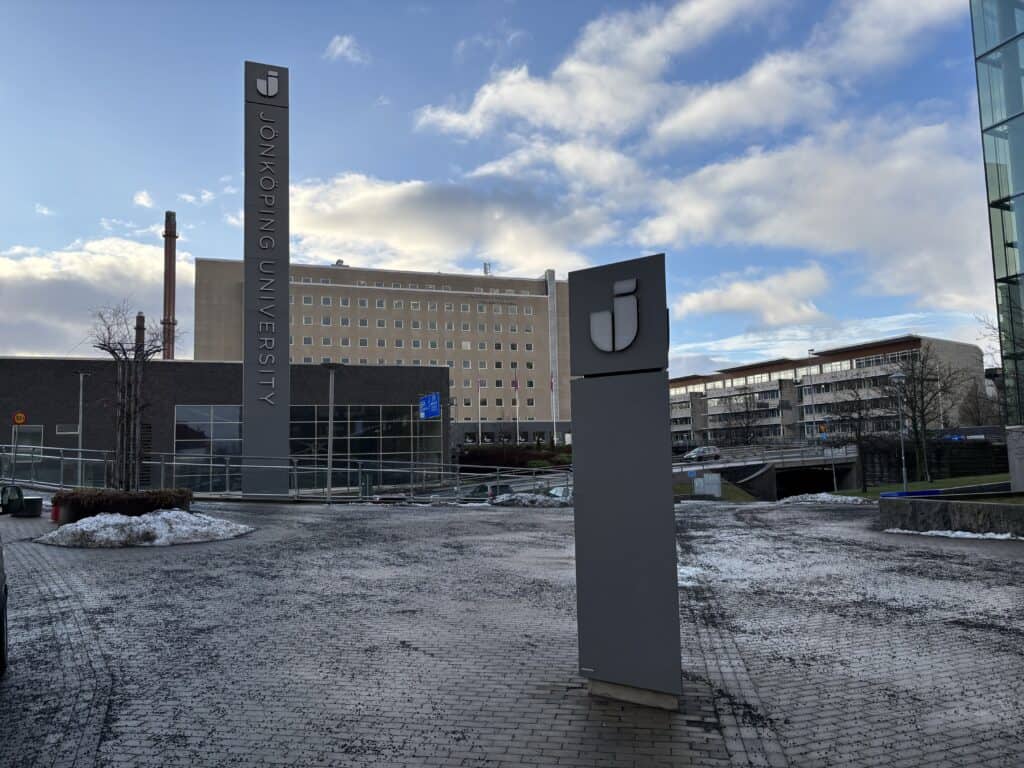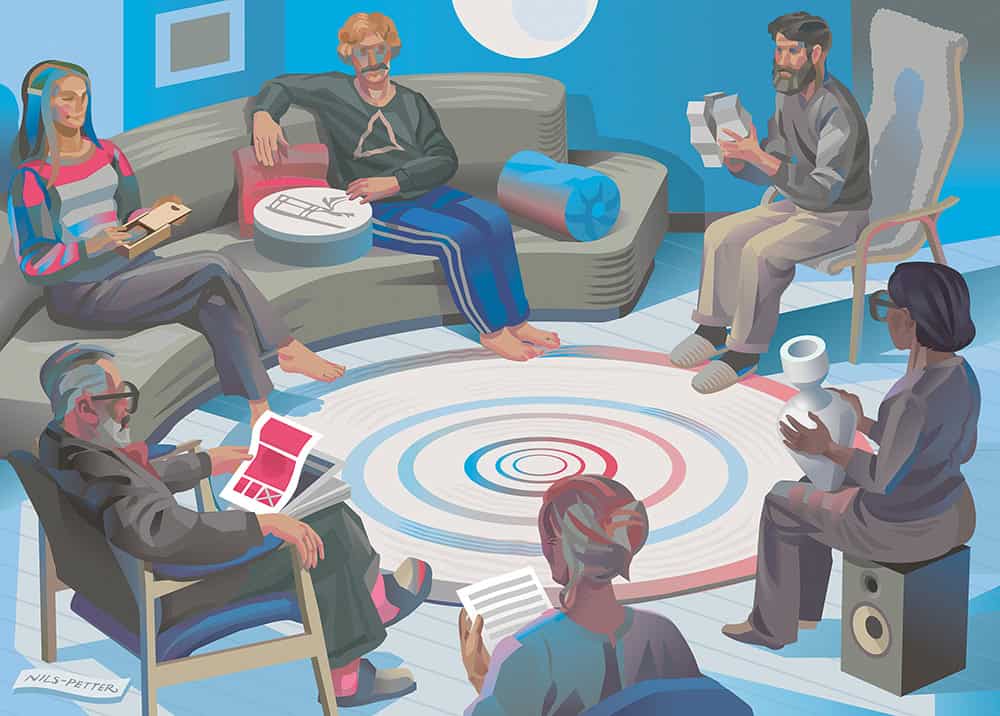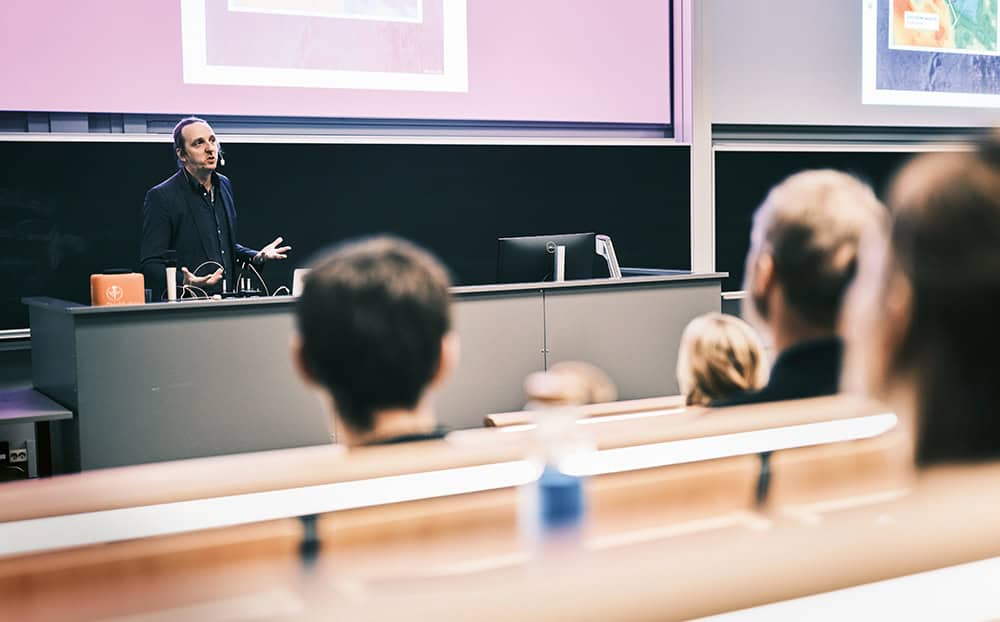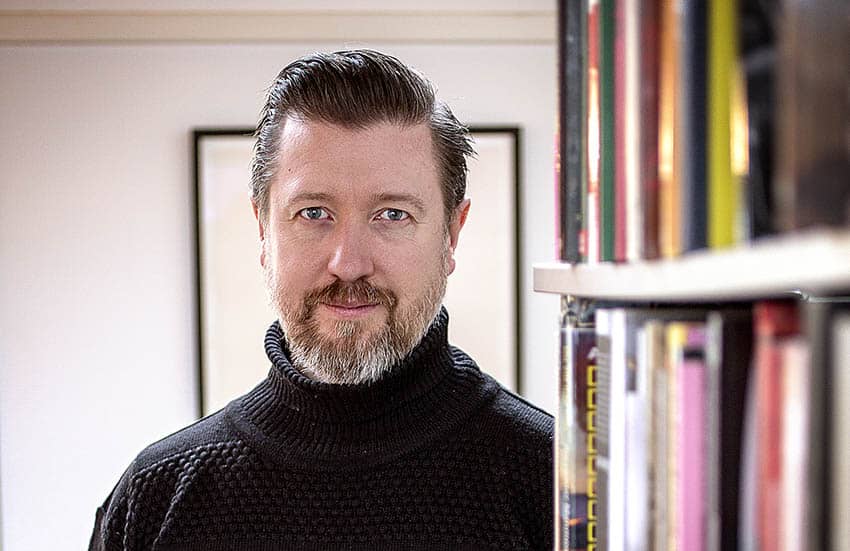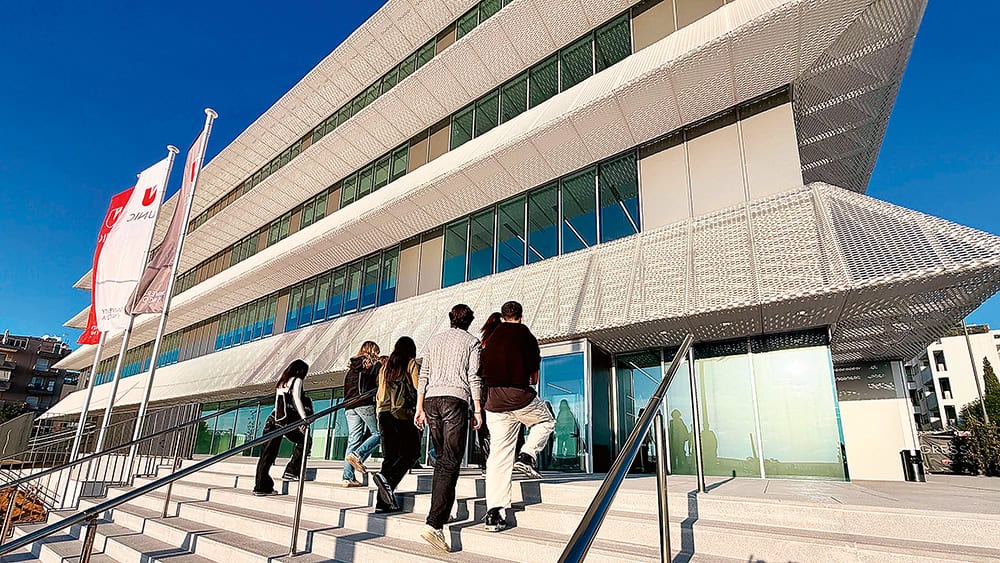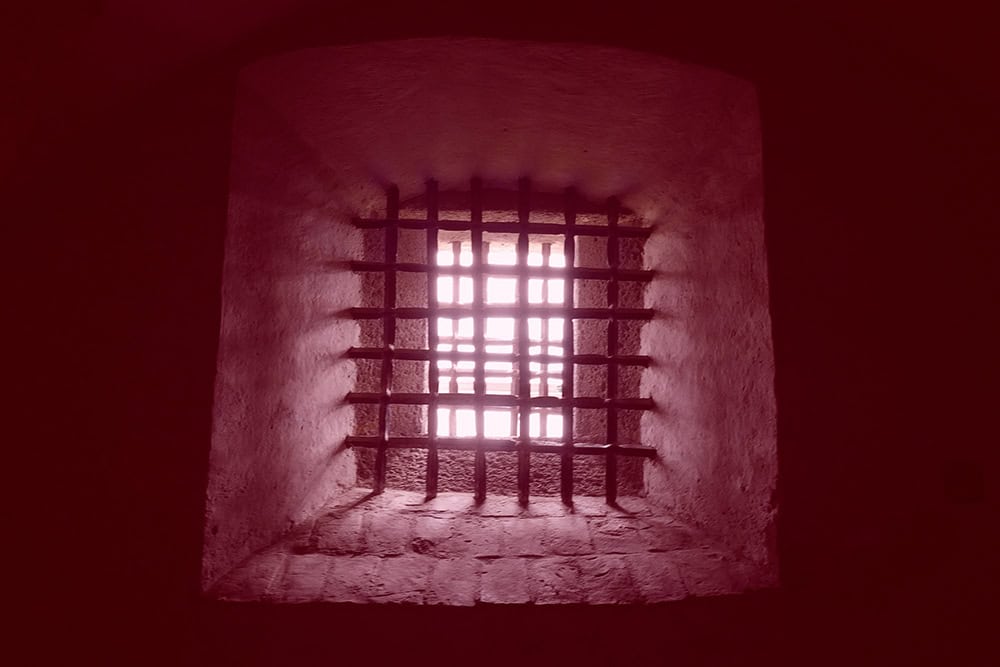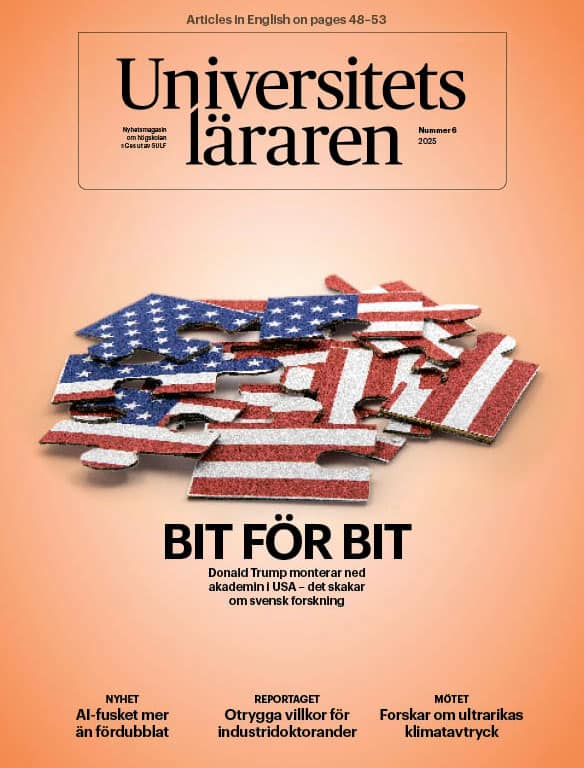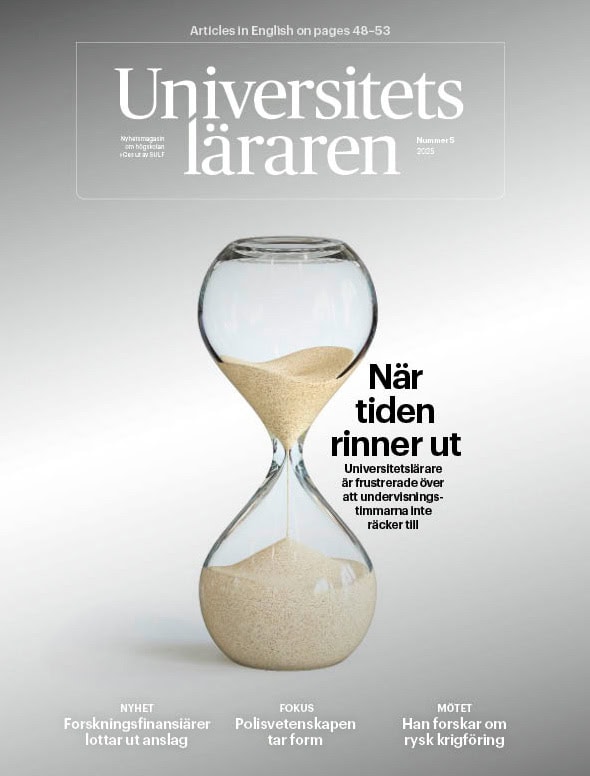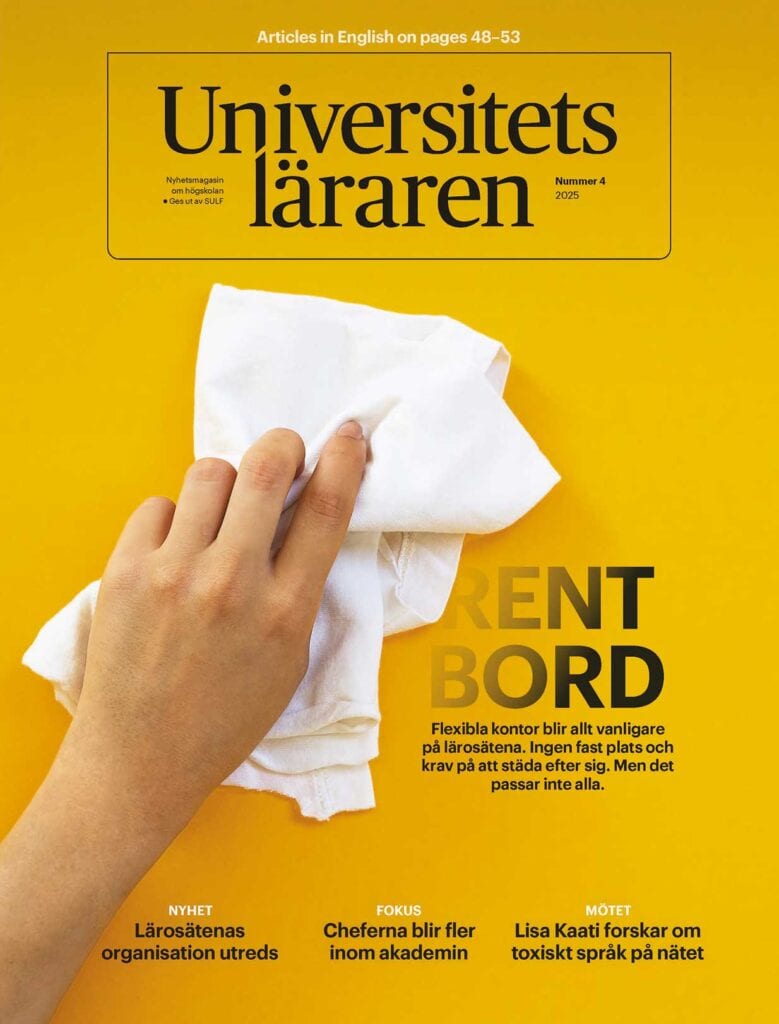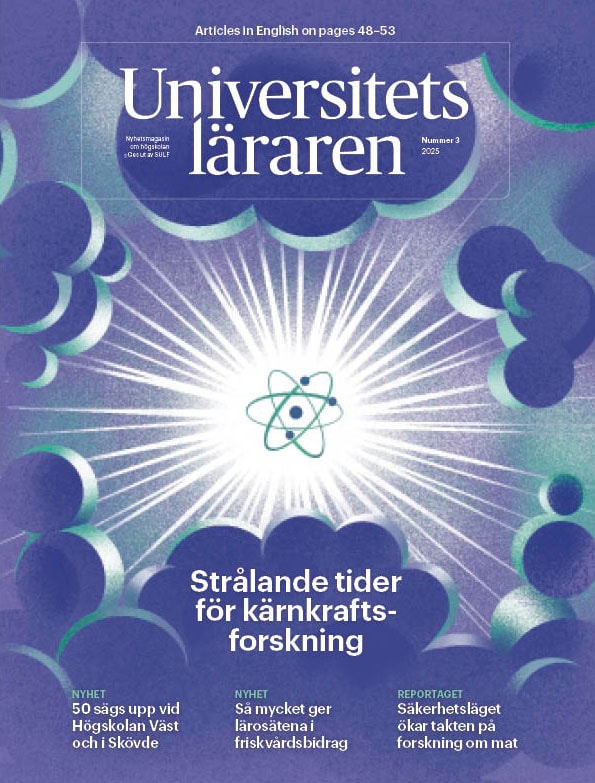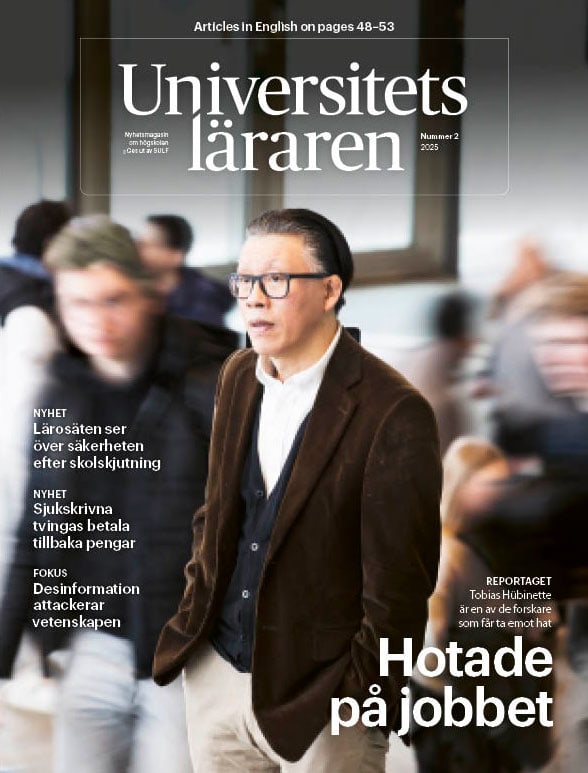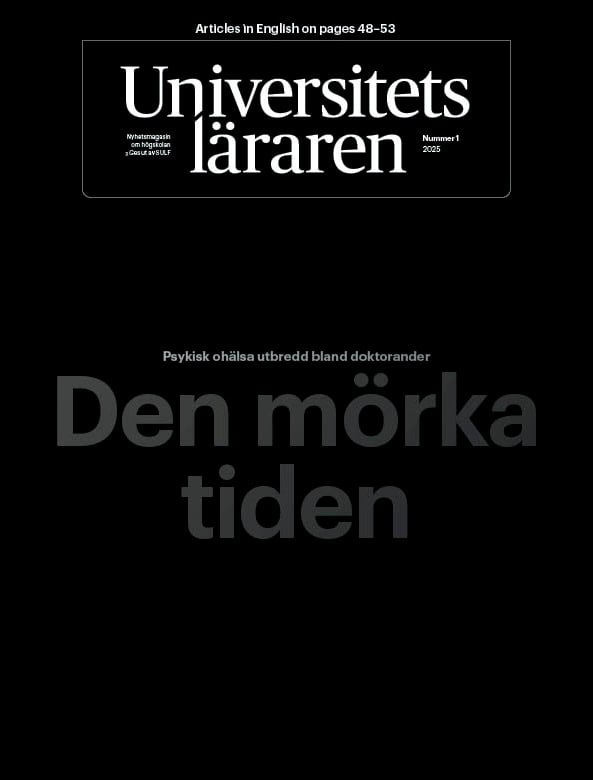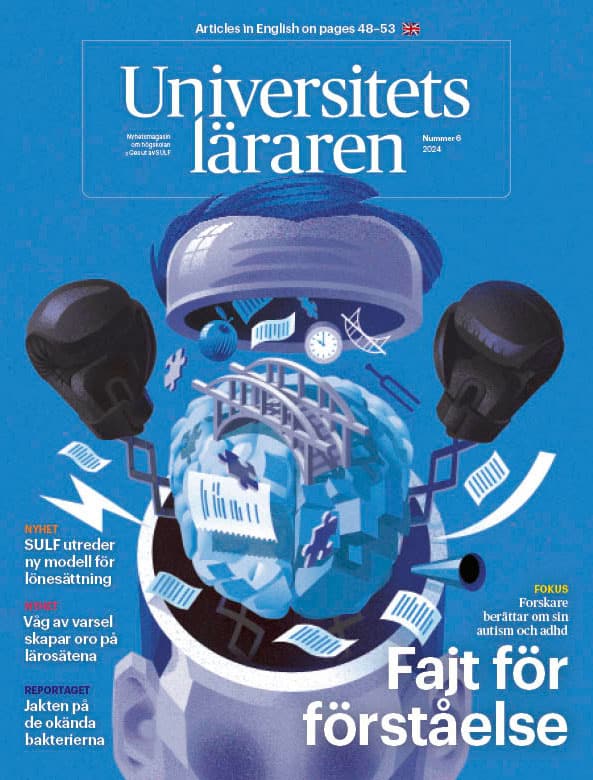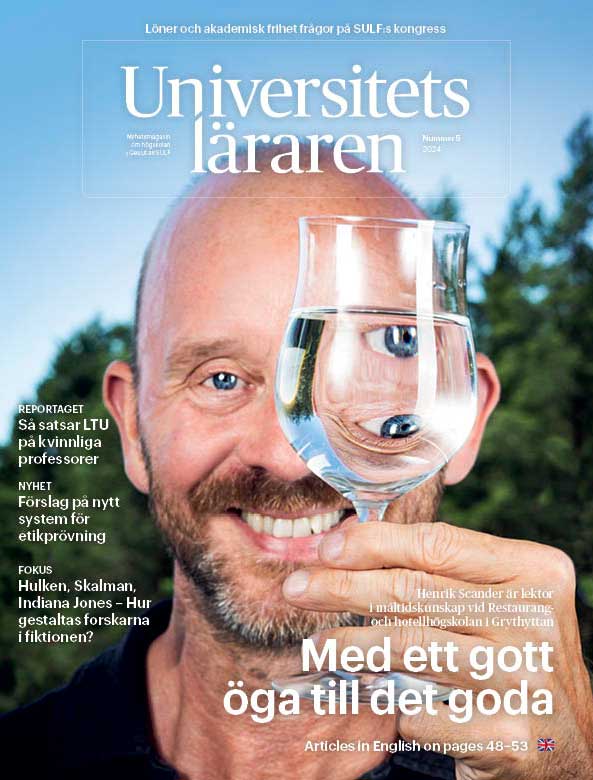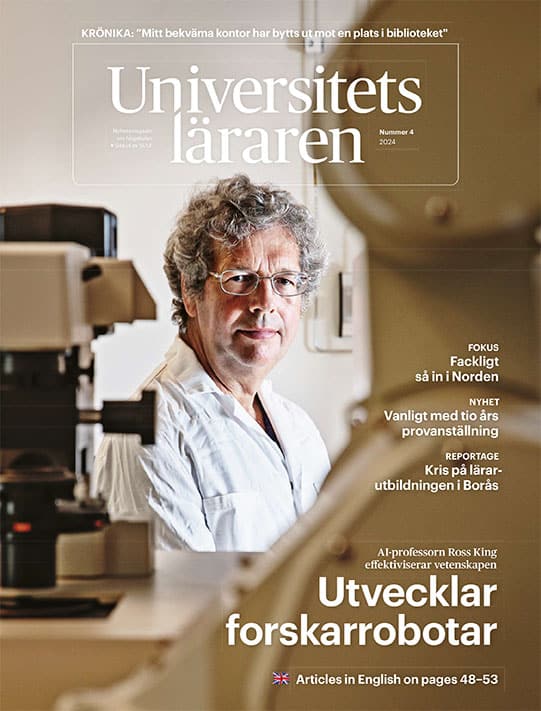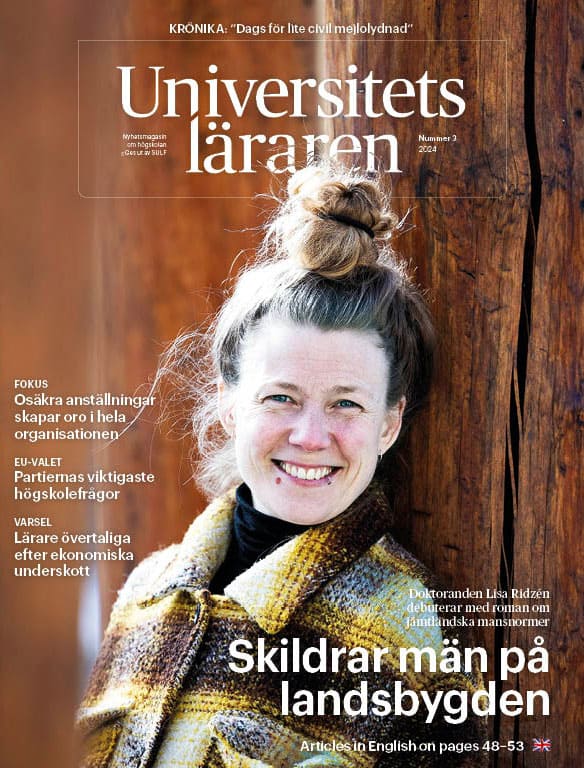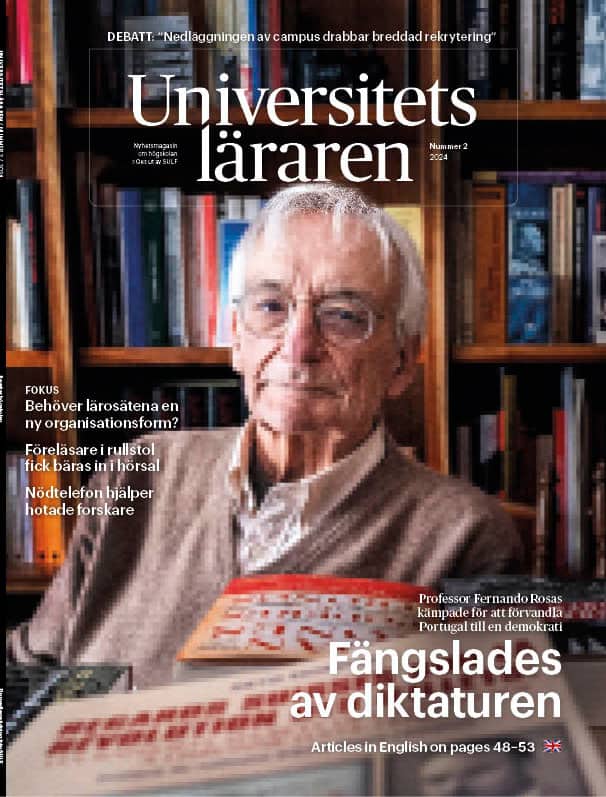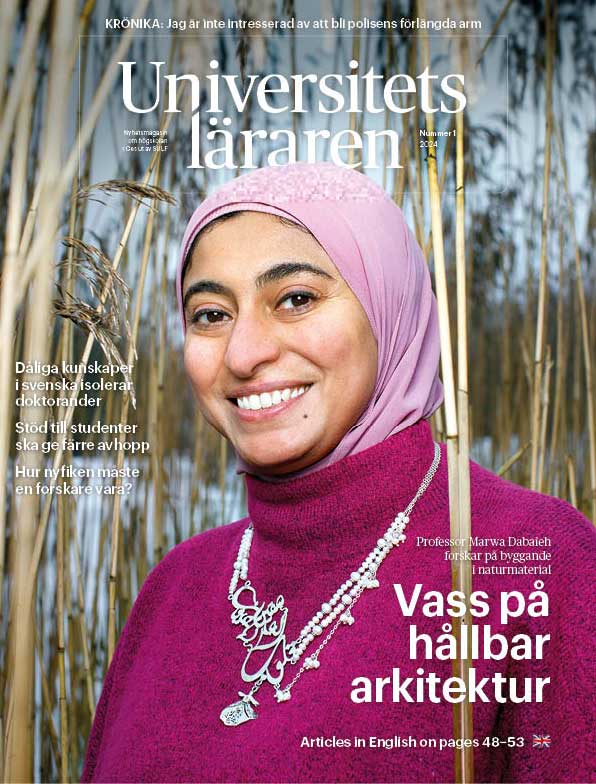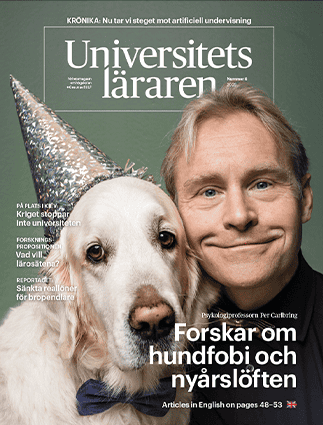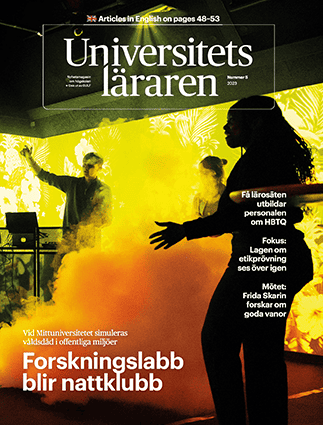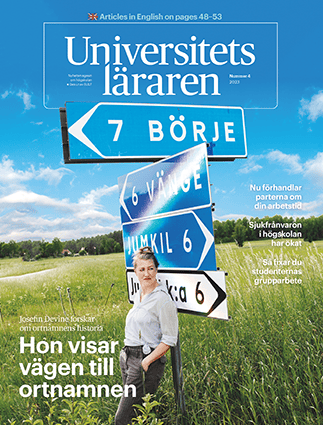Last week, Associate Professor in gender Studies Juan Velásquez Atehortúa wrote about the wider context in which the debate around The Department of Journalism, Media and Communication at University of Gothenburg, JMG’s, invitation of SD Secretary Richard Jomshof should be seen in.
Head of department at JMG Monica Löfgren Nilsson replied by contesting some of his statements.
As one of the investigative journalism students who were mentioned in both of the articles, and also as a co-organizer of the protest that sparked this wider debate, I want to clarify and add to some of the statements that have been made. I will not go into my reasons for supporting the protest, as I have outlined them before, and many others have done so across different media, too.
As Monica Löfgren Nilsson pointed out, the lecture by the Sweden Democrats’ party secretary was indeed not mainly intended for investigative journalism students and/or international ones. However, a new connection drawn in the articles discussed investigative journalism students having “since the start of the course called for critical power perspectives in their education” which Velásquez Atehortúa stated “the prefect of JMG refused to take their request seriously”.
Monica Löfgren Nilsson in response stated that “no such request was addressed to me as prefect during the fall, nor to the responsible program coordinator. On the other hand, the students have asked if they can organize a lecture series on the “theme” with invited lecturers, which JMG has supported both financially and in other ways”.
While I of course do not know whether other students have recently addressed such requests to the dean, I am one of the organizers of the lecture series about media and power structures which she alludes to. It is true that we never discussed, with either the dean or our program coordinator, a lack of critical power perspectives in our curriculum. Inviting guests to speak on these topics “may of course indicate that there is a shortage in education regarding the perspective of power”, as Löfgren Nilsson herself admits. But there was no formal request from me or other organizers of the guest lectures that it could be said she “refused to take seriously”.
Personally, I don’t necessarily agree with Velasquez Atehortúa’ claim that “students learned much more through their academic activism than through the course itself”, either. On the other hand, I would also like to add some context to the dean’s comment that “JMG has supported both financially and in other ways” the lecture series we organized. JMG booked travel tickets for the speakers, printed the posters we used for advertising, explained to us that the university would care for our security if there were any threats as a result of our organizing the lectures, and we held the talks in rooms at university facilities.
The dean and program coordinator only supported this initiative on the grounds of “free speech”, though, after it became clear that we had invited Fatima Doubakil and Maimuna Abdullahi, long-standing anti-racist activists in multiple organizations and roles and one of them currently a PhD student at GU, to lead a discussion on Islamophobia in (Swedish) media. Their lecture, as a case study, would largely draw from the media reporting around the Burka Songs 2.0 case, including the former Mayor of Gothenburg‘s (Ann-Sofie Hermansson) role in it.
In a meeting we were asked by the department whether we were sure we understood whom we were inviting, explaining that we were inviting people who are accused of having ties with terrorists and who are “very controversial”. They also questioned whether we should turn it into a debate so it would be less “one-sided”.
We responded that our aim with these extra lectures was to center perspectives that are underrepresented as a result of discrimination and power imbalances, and that we did not think it helpful nor necessary to invite “the other side”.
In the end, we agreed to go ahead with the lecture, but the department decided to distance themselves from the initiative in public. The department had previously asked us to include their logos on our posters and had offered to help with announcing our lectures on the university’s web calendar – all of which it withdrew after the discussion around our first lecture. The department made the decision to not want to be publicly affiliated with any of the following, less “controversial” lectures, either.
In contrast, during the same semester, JMG announced the “strategic communication” lecture series which included Richard Jomshof on posters with their logos, advertised the lecture on their website and sent out invitations through the department‘s communication officer.
So while I want to object to some claims Velasquez Atehortúa made on behalf of investigative journalism students and/or on behalf of those who “called for critical power perspectives” by organizing the independent lecture series, I support Velasquez Atehortúa’s point that this debate should be seen in a wider context – the context of many different big and small, intentional and unintentional examples of oppressive power structures at work also within our universities, which by no means is limited to The Department of Journalism, Media and Communication.
Ida Flik
Student at JMG, University of Gothenburg
Footnote: All quotes translated by author.

